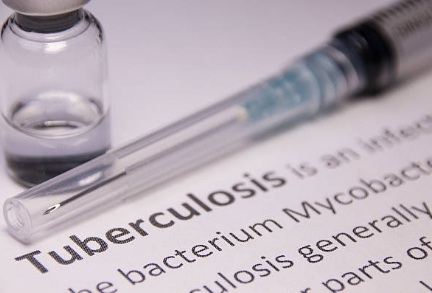Significantly higher risks were found for certain types of cancer. New-onset T2D was associated with a 27 percent increased risk of bowel cancer in men and a 34 percent increased risk in women
Previous studies have indicated a connection between type 2 diabetes and a higher likelihood of developing obesity-related cancers. However, it has been challenging to determine whether these associations are causal.
A recent study has revealed a link between type 2 diabetes (T2D) and an increased risk of certain cancers that are related to obesity. The findings highlight a significant rise in the risk for specific cancers, but not all obesity-related cancers, in individuals diagnosed with T2D. This new research adds valuable insights to the ongoing discussion about the relationship between diabetes, obesity, and cancer risk.
Previous studies have indicated a connection between type 2 diabetes and a higher likelihood of developing obesity-related cancers. However, it has been challenging to determine whether these associations are causal. Factors such as shared risk factors like obesity, immortal time bias (where studies often mix people already living with diabetes with those newly diagnosed), and time detection bias (where diabetes and cancer are diagnosed at the same time) have made it difficult to draw clear conclusions.
To address these limitations, researchers conducted a new study using data from the UK Biobank, which is a large-scale database that tracks the health information of hundreds of thousands of participants. This cohort control study focused specifically on individuals newly diagnosed with type 2 diabetes, comparing them with a control group of individuals who did not have diabetes. The participants were matched based on body mass index (BMI), age, and sex to minimize confounding variables.
The study included 23,750 participants with newly diagnosed T2D, who were compared to 71,123 controls. Over a median follow-up period of five years, the researchers tracked the incidence of new primary cancers. In total, 2,431 new cancers were recorded in individuals with T2D, while 5,184 cancers were observed in the control group.
The data analysis revealed that new-onset T2D was associated with a 48 percent increased risk of obesity-related cancers in men and a 24 percent increased risk in women, independent of BMI. However, the study did not find a significant correlation with several site-specific cancers, particularly endometrial cancer and post-menopausal breast cancer in women, indicating that the relationship between diabetes and cancer risk may vary depending on the cancer type.
Significantly higher risks were found for certain types of cancer. New-onset T2D was associated with a 27 percent increased risk of bowel cancer in men and a 34 percent increased risk in women. The risk for pancreatic cancer was found to be 74 percent higher in men and nearly doubled in women with T2D. Liver cancer risk was even more striking, with new-onset T2D linked to a near-quadrupling of risk in men and a nearly fivefold increase in women.
The study’s authors noted that the differing impacts between men and women remain unclear. It is possible that biological factors such as hormone levels, insulin sensitivity, and body fat composition could contribute to these differences, or the disparities could simply be due to the number of cancer cases in men and women within the UK Biobank. More research is needed to understand whether sex-specific biological pathways might explain these findings.
The research sheds light on the complex relationship between type 2 diabetes and the development of obesity-related cancers. It underscores the importance of considering new-onset T2D as a potential factor in cancer risk, particularly for cancers of the bowel, pancreas, and liver. However, the study also emphasizes the need for further investigation into why certain cancers do not seem to be as strongly associated with T2D and why there may be differences between men and women.
The findings will be presented at the upcoming European Congress on Obesity (ECO 2025) in Malaga, Spain, in May. The results are expected to spark further discussions and research into how diabetes and obesity interact to influence cancer development. As obesity continues to be a significant public health issue globally, understanding the pathways that link it to diseases like cancer could lead to more targeted prevention and treatment strategies.
This study adds a new layer of complexity to the understanding of type 2 diabetes and its long-term health effects, particularly in the context of cancer risk, which remains an area of active research.














